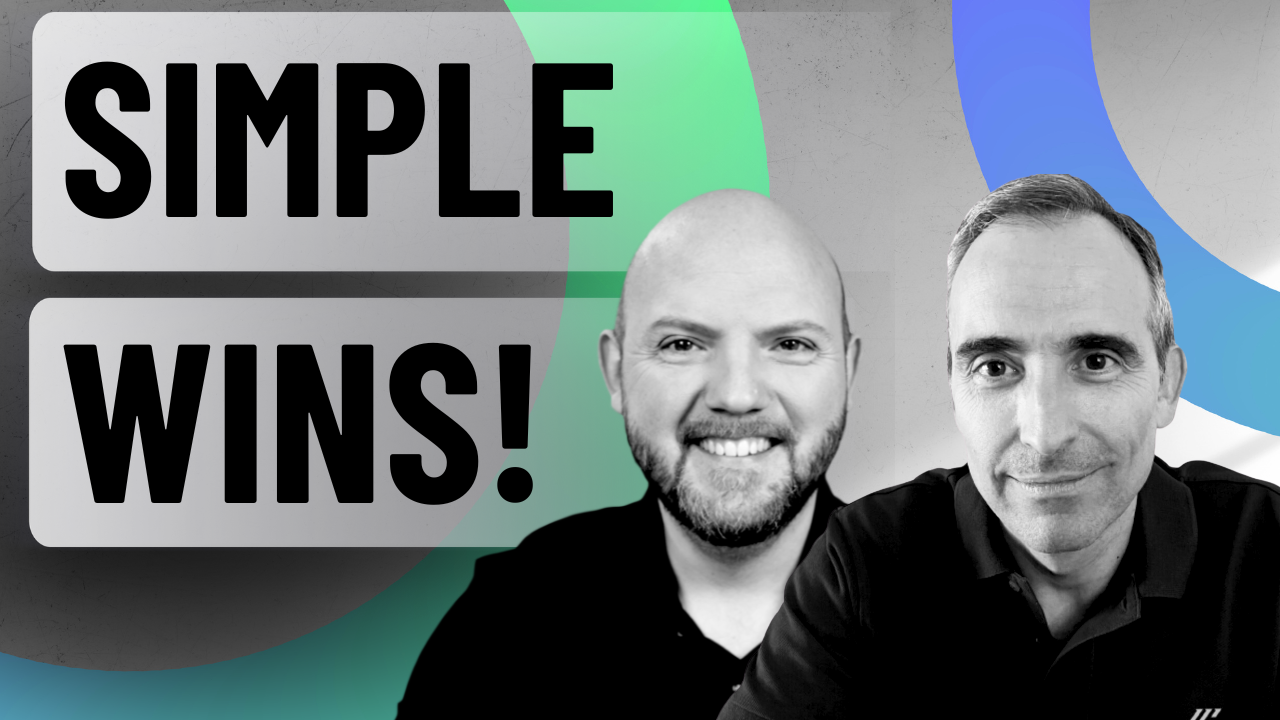In our latest Productivity like a Pro Podcast Episode by the Paperless Movement®, Tom Solid and co-founder Paco Cantero dive into an essential topic for Busy Professionals: managing long-term tasks and projects using AI-generated summaries. They address a question from a member about effectively tracking tasks derived from phone call summaries within tools like ClickUp and Sunsama.
Leveraging AI for Task and Project Management
Tom and Paco explore how AI-generated summaries can streamline the process of managing tasks and projects. A member shared their experience of using AI to generate summaries from phone calls and raised concerns about maintaining context and effectively following up on these tasks over long periods, such as supervising the sale of an apartment which might take half a year.
Structuring Tasks in ClickUp and Sunsama
Tom suggests using ClickUp to automatically import AI-generated summaries and adding them to the comment section of the relevant task. For tasks extending over several months, Tom advises converting the main task into a non-actionable container holding subtasks for each action item. This ensures that all related information and updates are easily accessible in one place.
Paco adds that the flexibility of the ICOR® methodology allows for different approaches depending on personal workflows and the frequency of such tasks. He recommends creating tags or labels for quick follow-ups and batching similar tasks to maintain efficiency. By using tools like Todoist to filter and manage calls or follow-up tasks, professionals can ensure that nothing falls through the cracks.
The Importance of Subtasks and Weekly Planning
Both Tom and Paco emphasize the importance of integrating these tasks into a weekly planning routine. For instance, creating a subtask in ClickUp with a due date for follow-up calls ensures it appears in the relevant week’s agenda, allowing for timely reminders without cluttering the immediate to-do list. Sunsama can also be used to create subtasks and plan follow-ups, but Tom warns against spreading information across too many tools, which can lead to disconnected data.
Flexibility and Adaptability in Task Management
The key takeaway from the discussion is the importance of flexibility and adaptability in task management. Paco highlights the need for a system that can handle different types of tasks efficiently, whether they are recurring follow-ups or single, long-term projects. The ICOR® methodology’s approach to batching, creating containers, and using appropriate tools ensures that professionals can manage their workloads without being overwhelmed.
Implementing the ICOR® Methodology
For those new to the ICOR® methodology, understanding the differentiation between actionable and non-actionable items is crucial. Projects and goals are non-actionable containers holding tasks, while work streams represent recurring projects. Operations serve as a catch-all for tasks that don’t fit into specific projects but still need attention.
By applying these principles, Busy Professionals can achieve clarity and reduce the noise in their task management systems. The goal is to ensure that every task contributes to overarching goals, enabling smoother quarterly and weekly reviews and ultimately leading to higher productivity and less stress.
Join the Paperless Movement® Membership to learn more about comprehensive productivity strategies, including Note-Taking, Personal Knowledge Management, Task Management, and Project Management. Sign up here and take control of your digital workflow today.
“`



